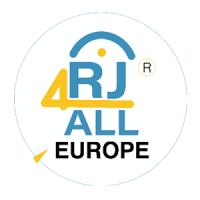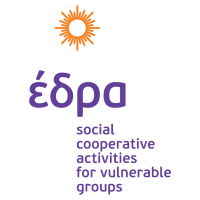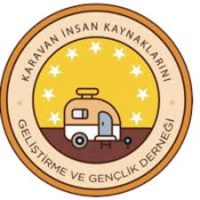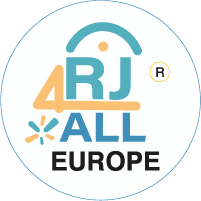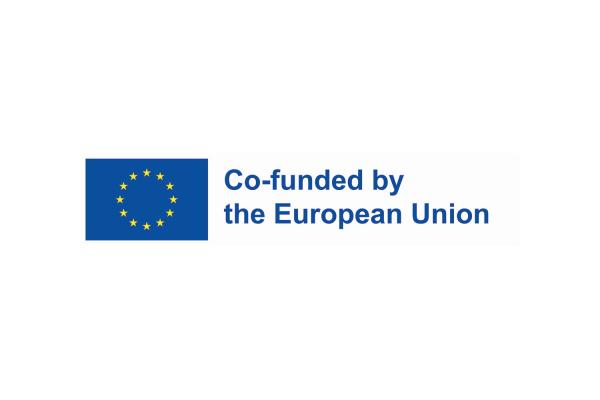
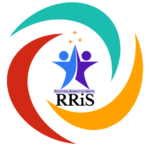
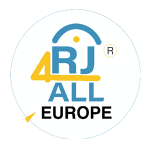
"RRiS”Restoring Respect in Sports
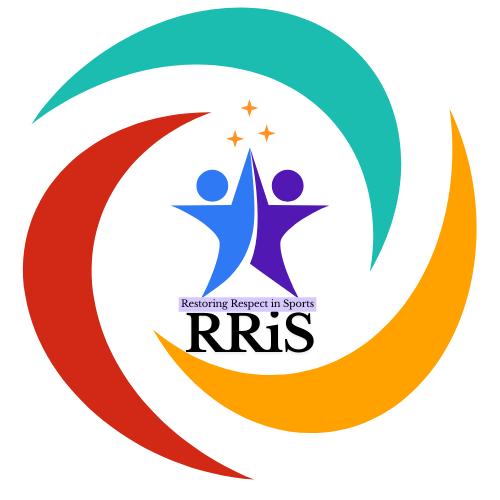
Project Code 101185144
Project Duration 01/01/2025 – 31/03/2026
Project Coordinator Social Cooperative Activities for Vulnerable Groups (EDRA)
Website:
About the project
The Restoring Respect in Sports (RRiS) project is a timely initiative aimed at addressing the rise of hate incidents and violence, including racism, misogyny, xenophobia, and intolerance, within European sports. Each year, new reports of these harmful behaviours emerge, underscoring the urgent need for action to protect the core values of fairness, equality, and inclusion within the sporting community.
Supported by a strategic partnership of leading NGOs from Greece, Bulgaria, Cyprus, and Türkiye, RRiS is dedicated to addressing and preventing the rise of hate-driven incidents in sports through restorative justice practices. With a focus on research-driven and evidence-based interventions, the project is aligned with key EU policies on anti-discrimination and draws upon existing legal frameworks to create a lasting and sustainable impact. RRiS is designed to create change at regional, national, and European levels, ensuring that its outcomes benefit both the sports sector and the broader European community.
At the core of RRiS is the application of restorative justice—a transformative, non-punitive approach that focuses on repairing harm, promoting dialogue, and fostering mutual understanding. While restorative justice has long been used in criminal justice and educational settings, its potential in sports remains largely untapped. RRiS seeks to bridge this gap by equipping sports professionals with innovative tools, practical knowledge, and effective strategies to proactively address and prevent hate incidents effectively, creating safer and more inclusive environments for all participants.
By focusing on specialised training, capacity-building, and cross-sector collaboration, RRiS aims to foster a more respectful and tolerant sporting culture to uphold the principles of equality, human dignity and respect. The project also supports the implementation of the EU’s 2012 Victims’ Directive, which highlights the role of restorative practices in addressing hate incidents, ensuring that every participant’s right to equality and respect is upheld.
Our approach
We have evidence to believe that sports serve as a powerful vehicle for positive change. At RJ4All, we insist that in order to address disadvantage and rebalance power in society in a more equal way, we must adopt a holistic approach. By leveraging the universal language of sports, we bring communities together, address marginalisation and cohesion issues, and enhance overall well-being and health outcomes. That’s why we proudly present “RJ4All Sports” – our dedicated brand aimed at harnessing the potential of sports for social impact.
Objectives
The RRiS project is designed to meet several key objectives that align with both societal and legal frameworks in Europe. These include:
1. Addressing the Rise in Hate Incidents: The project aims to identify, document and tackle hate incidents and violence in all its forms within the sports sector, particularly racism, misogyny, xenophobia, and gender inequality. By analysing current manifestations of hate faced by marginalised groups in sports, RRiS will develop a user-led, evidence-based educational programme on preventing and addressing such incidents of hate and intolerance.
2. Promoting Restorative Justice in Sports: A key component of the RRiS educational programme will be its use of restorative justice principles in line with the EU’s Victim’s Directive. This comprehensive educational and training programme will be catered to sports professionals, including coaches, players, referees, and other, and guide them on how to effectively integrate restorative justice to prevent, address, and resolve hate-driven incidents in sports.
3. Building Strategic Partnerships: The project will bring together a diverse network of stakeholders from various sectors, including sports organisations, anti-discrimination NGOs, human rights groups, law enforcement, and grassroots community leaders. These partnerships will foster collaboration and ensure a comprehensive and coordinated approach to tackling hate incidents in sports.
4. Raising Awareness and Building Capacity: RRiS will increase awareness of the role sports can play in promoting inclusion, diversity, and equality. It will also enhance the skills and capacity of professionals to handle hate-related incidents effectively, using restorative justice best practices to resolve conflicts and promote social cohesion.
5. Creating a Lasting Impact: RRiS will develop accessible digital training tools, including an online platform and e-book, to ensure the long-term sustainability and impact of its efforts. The project’s outputs will be widely disseminated across Europe and beyond, influencing policy and best practices at national and international levels.

Project activities and Outcomes
To achieve its objectives, RRiS will implement a series of targeted activities across Greece, Bulgaria, Cyprus, and Türkiye, including:
1. Research and Analysis:A key activity of the project is conducting research to understand the current manifestations of hate and intolerance in sports across partner countries as well as the role of restorative justice and dialogue in addressing these issues. The research will explore existing best practices for addressing hate incidents in sports by identifying and evaluating restorative justice approaches already implemented in partner countries, assessing their effectiveness and potential for broader application within the sports sector. This will involve user-led fieldwork, followed by the creation of national and comparative reports to lay the scientific groundwork for the project.
2. E-Book Publication: RRiS will publish the research findings, including the national reports and the comparative analyses, in an accessible e-book format. The e-book will be disseminated across institutions worldwide and leveraged for EU policymaking in the partnership countries.
3. Development of the Educational Programme: RRiS will develop a comprehensive educational programme, both in-person and online, aimed at preventing hate incidents in sports, focusing on racism, misogyny, xenophobia and other forms of intolerance. Based on restorative justice and the Victim’s Directive, it will target sports professionals and stakeholders, using evidence-based tools informed by the national research reports. It will be available in multiple languages and provide a CPD accreditation.
4. Campaigns and Awareness: RRiS will develop a communication strategy to raise awareness on hate incidents in sports and promote the project activities and ensure the widespread impact and sustainability of the project horizontally. This will include social media campaigns and the creation of visual materials to be disseminated at both national and EU levels to maximise its impact.
5. Networking and Stakeholder Engagement: RRiS will organise a national sport event in each partner country bringing together various sports actors to participate in friendly matches to promoting messages against hate and intolerance in sports. This will foster cooperation among consortium partners and key sports stakeholders, including sports clubs, NGOs, and policymakers, to work together towards restoring respect and preventing hate incidents in sports.
Through these activities, RRiS aims to create a lasting impact in the fight against hate-driven incidents in European sports, empowering sports professionals, and organisations to actively promote a culture of respect, equality, and inclusivity.
Funded by the European Union. Views and opinionsexpressed are however those of the author(s) only anddo not necessarily reflect those of the European Unionor the European Education and Culture Executive Agency(EACEA). Neither the European Union nor EACEA can beheld responsible for them.
Partners
